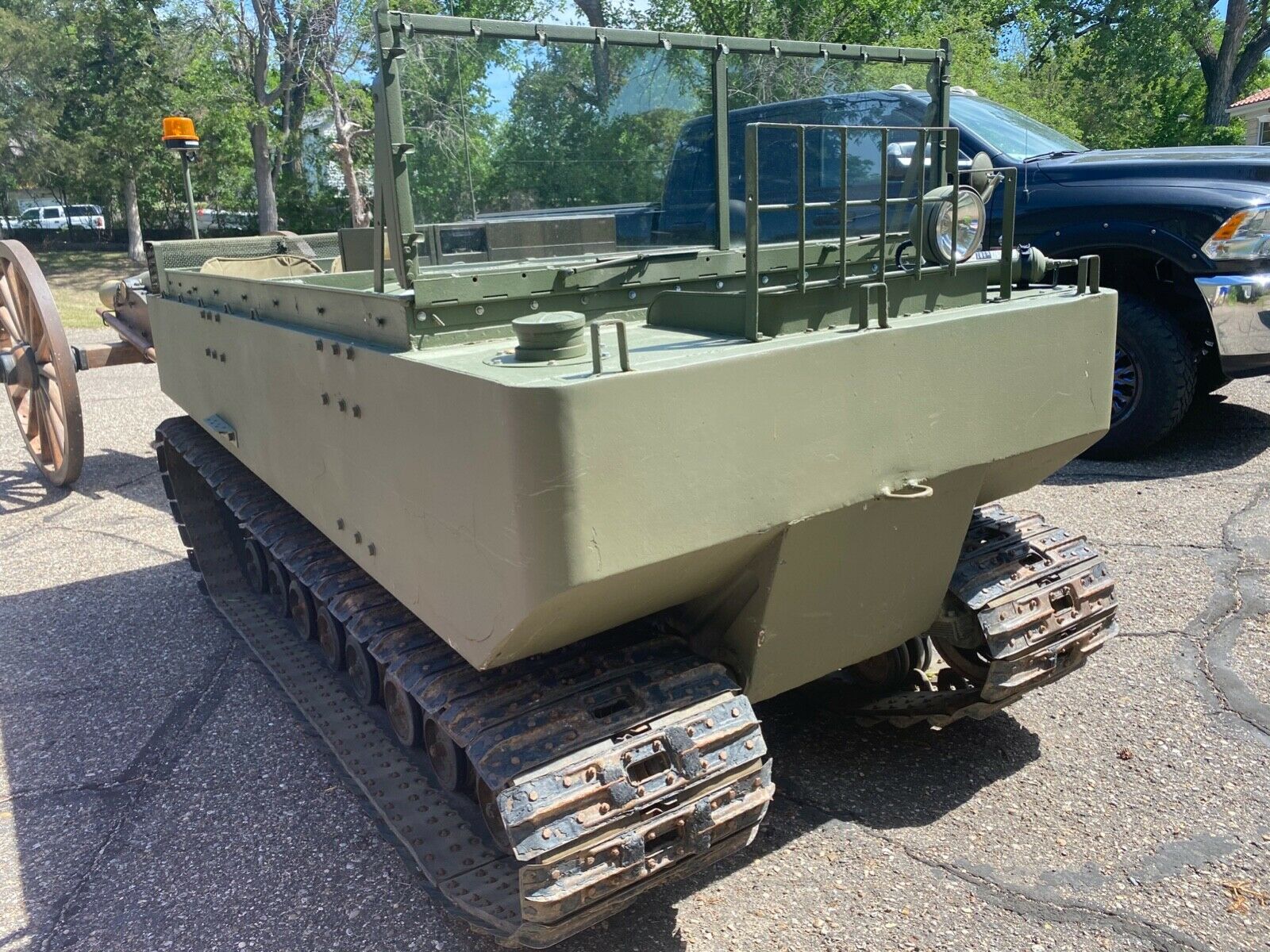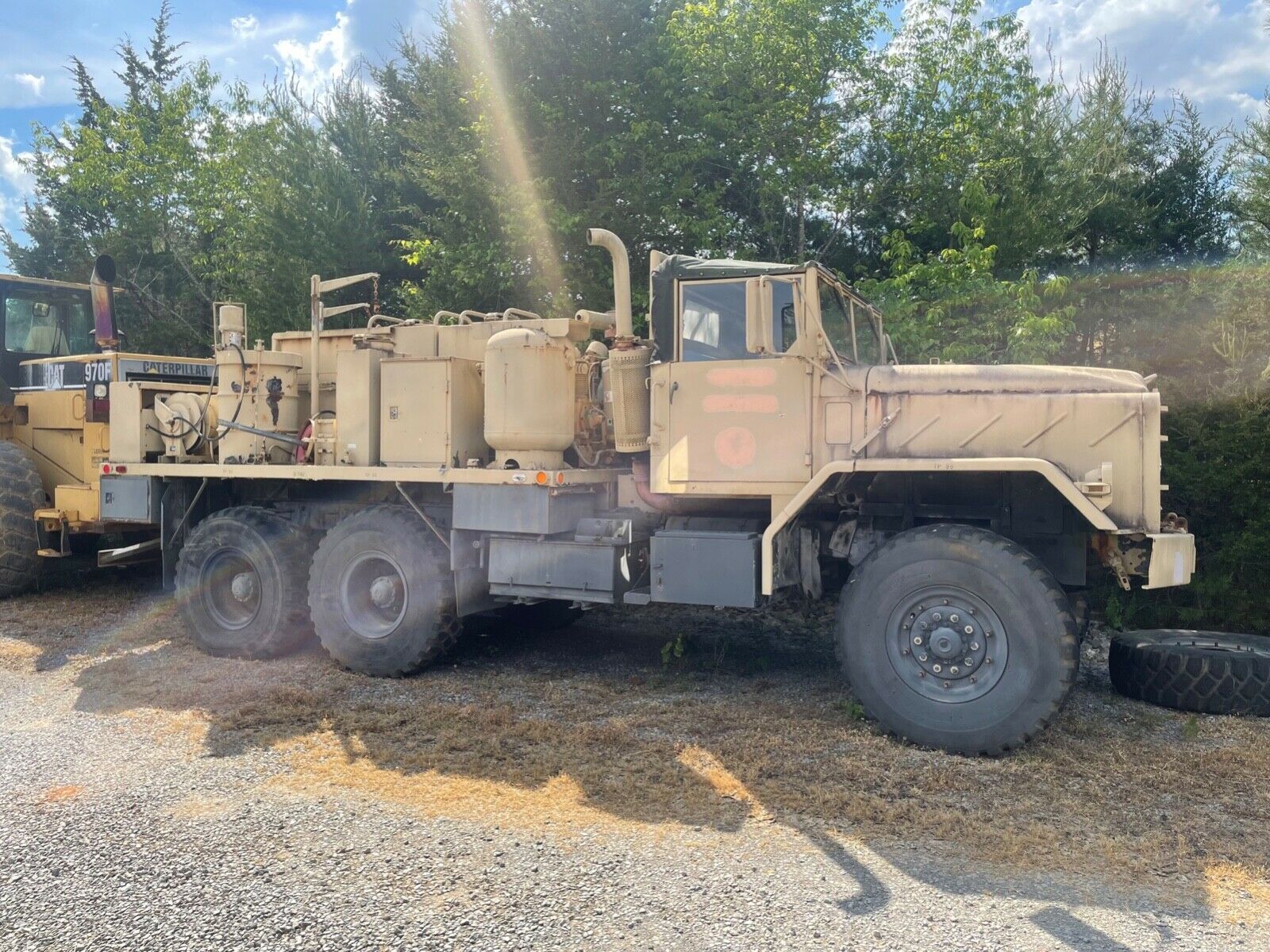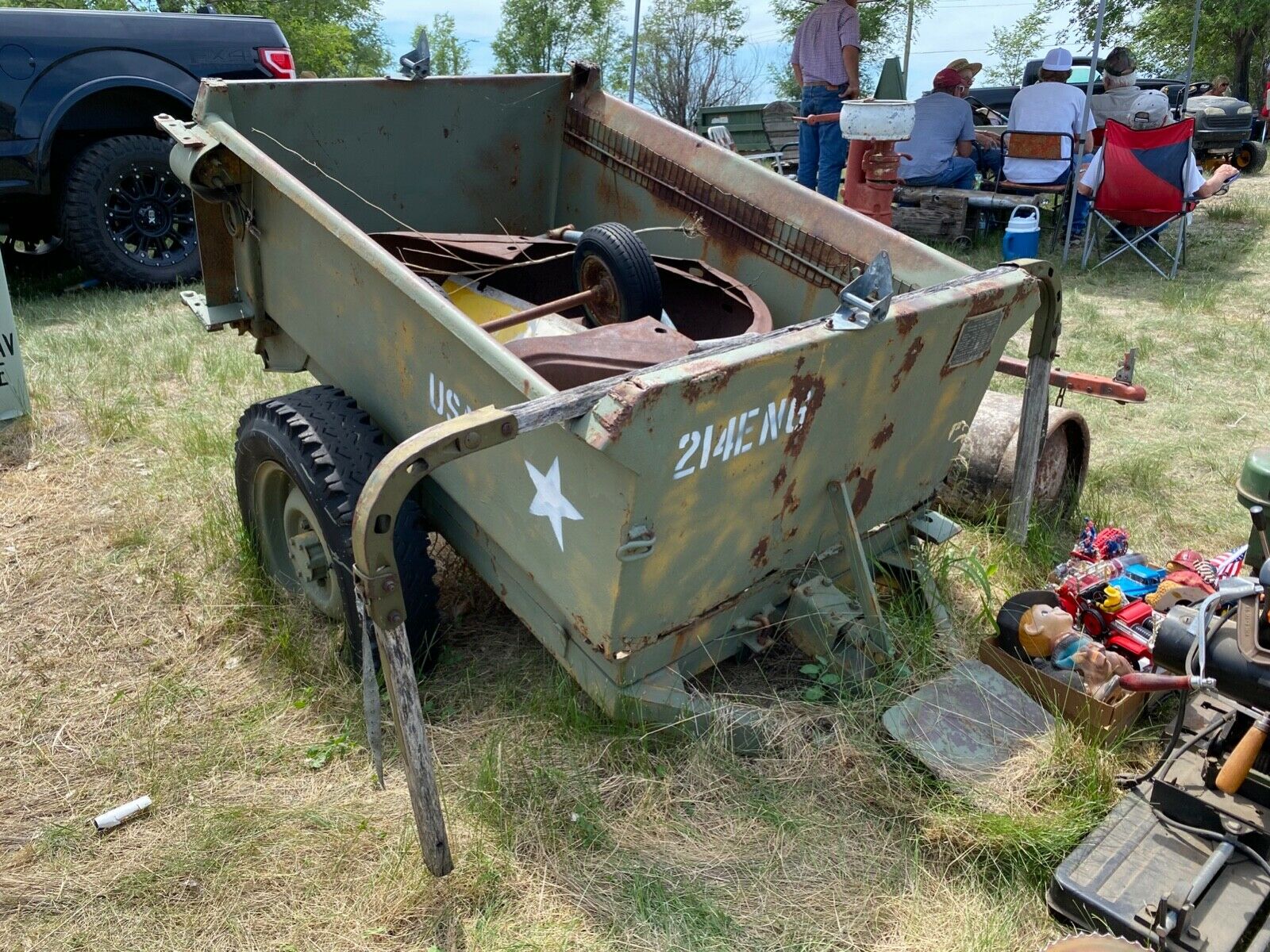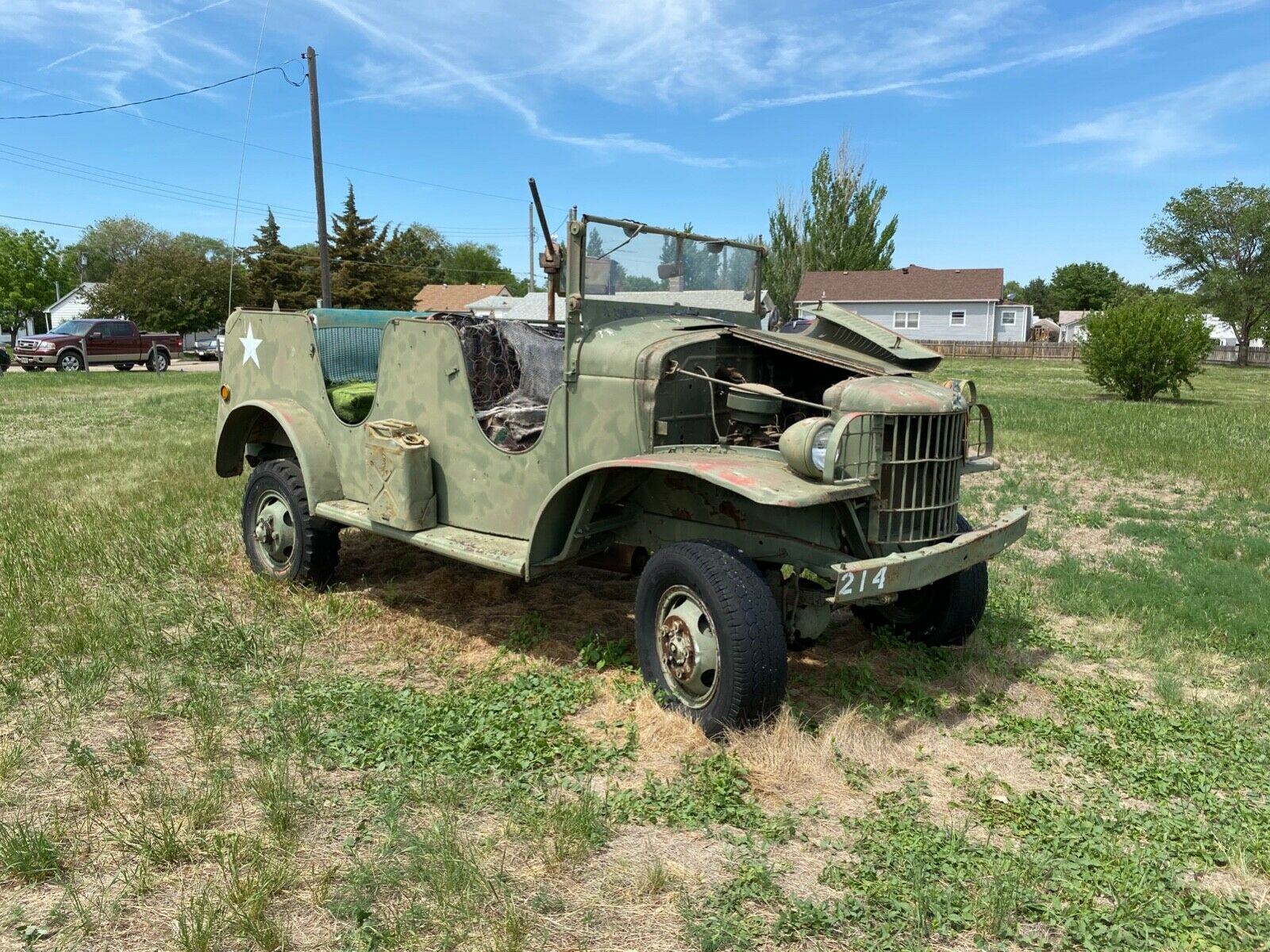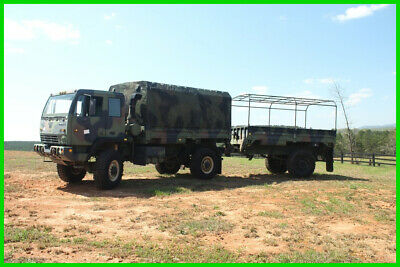-40%
WWII US ARMY STUDEBAKER M29 WEASEL TRACKED VEHICLE
$ 10029.35
- Description
- Size Guide
Description
SALE IS FOR A:WWII US ARMY STUDEBAKER M29 WEASEL TRACKED VEHICLE
GREAT CONDITION, RUNS AND DRIVE GREAT. FIRES RIGHT UP.
INCLUDES THE RADIO MOUNTED IN THE BACK.
GOOD TRACKS, GOOD SOLID METAL.
he idea for the Weasel came from the work of British inventor Geoffrey Pyke in support of his proposals to attack Axis forces and industrial installations in Norway. Pyke's plan to hamper the German nuclear weapons program became Project Plough for which he proposed a fast light mechanised device that would transport small groups of commando troops of the 1st Special Service Force across snow. In active service in Europe, Weasels were used to supply frontline troops over difficult ground when wheeled vehicles were immobilised.
The first 2,103 vehicles designated as T15 and later categorized as the M28 Cargo Carrier had 15 in (380 mm) Kégresse-style "rubber-band" style tracks,[2] the later version designated as M29 had 20 in (510 mm) tracks of the same format. The T15/M28 version had a completely different hull and a reverse drive line to the later M29 versions. Some of the most noticeable differences were that this early version [T15/M28] had a rear engine front wheel drive system; that used the earlier track as well as the bogie wheels were of a distinctly different arrangement. The hull itself was designed slightly different with only a two-passenger capacity. The M29 was a front engine, rear wheel drive system with the changed tracks and different bogie wheel arrangement. The hull was also changed to accommodate a larger passenger/load capacity. The M29 was somewhat amphibious, but with a very low freeboard; the M29C Water Weasel was the more amphibious version, with buoyancy cells in the bow and stern as well as twin rudders. The M29C could not operate in other than inland waterway conditions, so its use in surf or rough water was very limited but did see action in the Pacific theatre. An easy way to distinguish the difference from an M28 and M29 is to look at the side track arrangement of bogie wheels.
